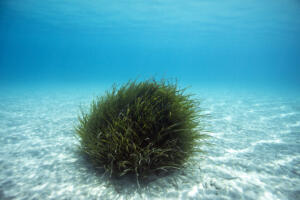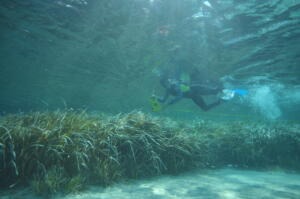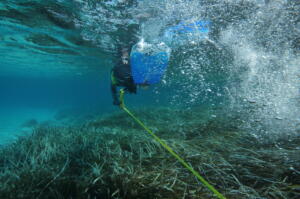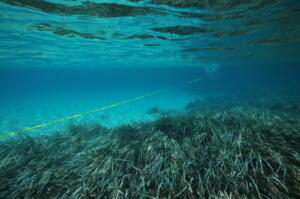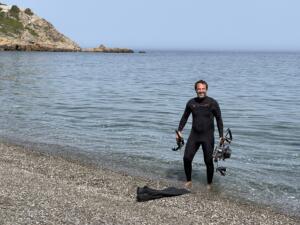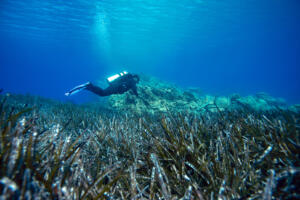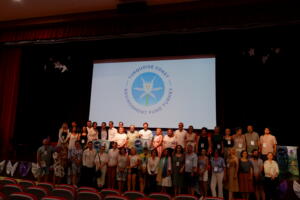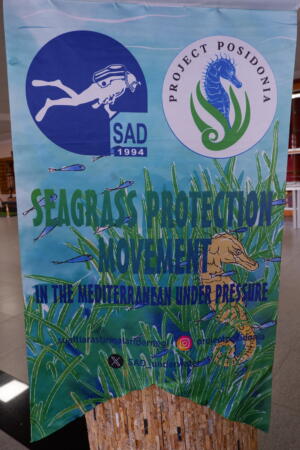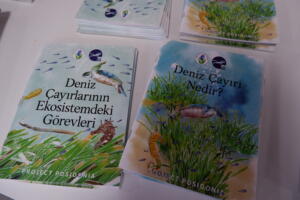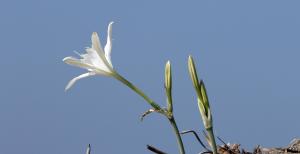
Grants
Biodiversity conservation and ecosystem services
Seagrass Conservation in Bodrum
219,986 TRY awarded
Status: ON-GOING
Project Duration: September 2023- September 2024
Challenge
Bodrum and its islands around the Peninsula are home to important wildlife habitats. There is a lack of data, knowledge, and information about seagrass and the species diversity. If users become aware of these wildlife habitats, we can minimize the negative impact of tourism activities. Moreover, these marine basins hold significant ecological value and are designated as a 1st Degree Natural Protected Area and a Mediterranean Monk Seal Conservation Area. Despite facing various construction threats, it has survived until today.
Solution
Given its sensitivity and urgent need for protection, the project aims to develop a comprehensive management plan and official status collaboratively prepared by local community users and official parties. Posidonia habitats provide critical habitats for endangered species, prevent coastal erosion, and contribute to the ecosystem’s oxygen demand. Therefore, this project aims to determine the habitats and establish protected habitats free from human pressure and to prevent coastal construction from encroaching into these areas.
Activities
- Identification of seagrass risk areas
- Stakeholder meetings
- Web pages and social media sites
- Promotional film
Project’s deliverables
- A Seagrass Action Programme, including installing information boards, social media campaigns, visuals, videos, and a promotional film.
- Dialogue sessions will be held to engage wider stakeholders and initiate a movement to raise awareness and take action to protect seagrasses throughout Bodrum. The aim is to prevent new construction activities and legally protect the coastal areas.
- Mapping and identifying risk areas and integrating them into navigation maps will further support conservation efforts.
Update June 2024: Read more about the progress that has been made so far here!
About the organisation: SAD-AFAG Underwater Research Association is dedicated to researching and conserving seas, underwater environments, and coastlines. With a history dating back to 1985, SAD has accumulated 38 years of knowledge and experience in these fields. The organization specializes in protecting endangered marine species and preserving coastal and marine habitats, including wild coastal areas. They are also involved in the development and implementation of management plans.

